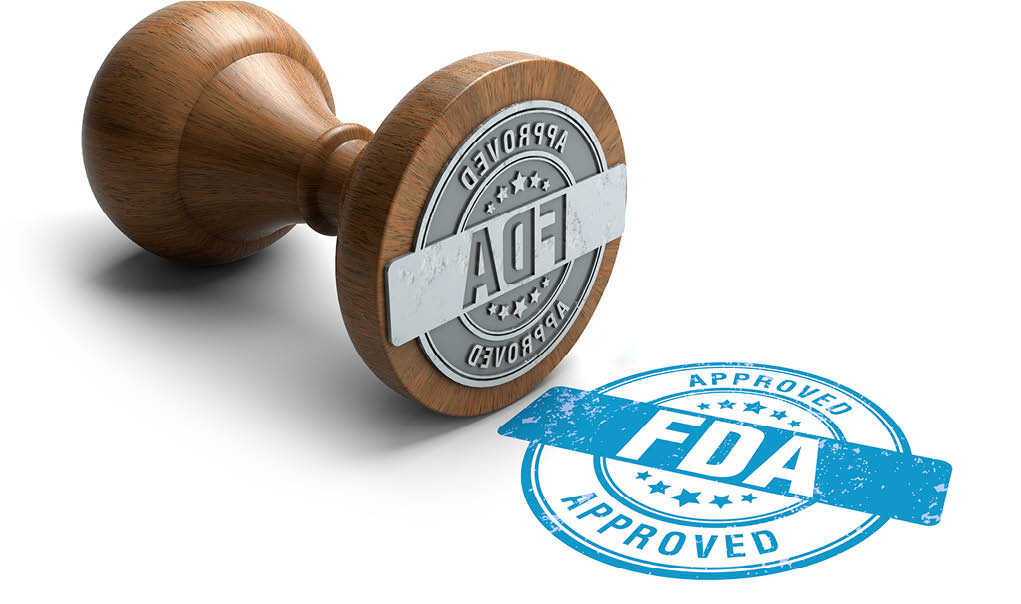News/Blogs
What is a Pharmacy Benefits Manager?
Navigating the healthcare system can be complex. One term you may have come across is “pharmacy benefits manager” or “PBM”. But what exactly is a pharmacy benefits manager?

A pharmacy benefits manager is a third-party administrator of prescription drug programs and is crucial in managing the prescription drug portion of healthcare benefits. This includes negotiating discounts and rebates with drug manufacturers, processing, paying prescription drug claims, and more.
They contribute significantly to medication management. They also ensure the appropriate use of medications, monitor for potential drug interactions, and promote adherence to therapy.
Whether you’re a healthcare consumer, a professional, or a business decision-maker, this guide will help you understand the integral role of Pharmacy Benefits Managers in modern healthcare. We’ll explore how pharmacy benefits managers work, the services they provide, and their impact on the healthcare system.
Understanding Pharmacy Benefits Managers (PBMs)
Pharmacy benefits managers (PBMs) are pivotal entities in the healthcare landscape. Their primary role is to administer prescription drug benefits on behalf of health insurers, Medicare Part D plans, large employers, and other payers.
Here’s a quick rundown of core PBM responsibilities:
- Developing and maintaining drug formularies
- Contracting with pharmacy networks
- Negotiating discounts and rebates with drug manufacturers
- Processing and paying prescription drug claims
- Contributing to medication management programs
One major area of focus is cost control. They negotiate with pharmaceutical manufacturers for rebates and discounts, aiming to secure the best prices for payers. This negotiation process can significantly lower drug costs for patients.
They also engage in medication management. They utilize data analytics to monitor drug utilization and compliance, helping to improve patient outcomes. By focusing on appropriate medication use, these tools contribute to overall healthcare efficiency.
These functions streamline the prescription process. They work to deliver cost-effective pharmacy solutions while ensuring patient safety and drug efficacy.
How Do Pharmacy Benefits Managers Work?
Pharmacy benefits managers are intermediaries between various healthcare stakeholders. They primarily serve health plans, handling the prescription drug component of healthcare benefits. Their main goal is to manage drug costs effectively while ensuring patient access to necessary medications.
They develop drug formularies as well as negotiate prices with drug manufacturers to secure discounts and rebates. This helps in reducing the overall cost of medications for health plans and, indirectly, for patients.
Processing claims is another key function. They manage the logistics, from verifying patient eligibility to reimbursing pharmacies. This streamlines the pharmacy experience and allows patients to receive medications seamlessly.
Negotiations with pharmacies are essential. They determine pharmacy network scope, impacting where patients can fill prescriptions. A broad network is vital for patient convenience and timely access to medications.
They also monitor medication use through Drug Utilization Reviews (DURs). This process ensures that prescriptions are safe and appropriate for patients. By identifying patterns, PBMs can mitigate risks such as drug interactions or inappropriate use.
Integration of technology is fundamental. They use advanced data analytics to enhance efficiency and patient outcomes. This includes identifying trends, improving medication adherence, and refining service models. In this way, technology empowers PBMs to perform their roles more effectively and responsively.
Evolution of PBMs and Their Role in Healthcare
Pharmacy benefits managers have transformed significantly since their inception. Initially, their role was simply to process prescription claims. Over time, as healthcare needs grew, so did the responsibilities. They evolved to manage more intricate drug benefit designs, focusing on cost containment and patient access.
Today, they play a central role in the healthcare system by navigating complex relationships between drug manufacturers, pharmacies, and health plan sponsors. By doing so, they help streamline the prescription process and keep drug prices competitive. Their involvement extends beyond mere administration to strategic cost management.
PBMs are at the forefront of efforts to control rising medication costs. They use data-driven approaches to analyze prescription trends and identify opportunities for savings. By optimizing drug formularies and promoting generic alternatives, they help manage expenses without compromising care quality.
The evolving landscape of healthcare calls for continued innovation by PBMs. As new drugs like biosimilars and gene therapies emerge, they are adapting. This includes incorporating personalized medicine strategies to better cater to individual patient needs. By continually evolving, they maintain their pivotal role in enhancing the sustainability and effectiveness of healthcare.
Other Services Provided
Pharmacy benefits managers offer a wide range of services beyond price negotiation. These services play an essential role in the broader healthcare ecosystem to optimize both cost and quality of prescription drug use.

One prominent service is the provision of specialty pharmacy options. These cater to patients with complex or rare conditions requiring expensive medications. Proper management of these drugs ensures they are dispensed appropriately, often coordinating directly with healthcare providers.
They also run clinical management programs to enhance patient care. These programs involve medication therapy management, adherence initiatives, and monitoring of therapy outcomes. By doing so, they help in reducing potential risks associated with improper medication use.
Addressing Common Misconceptions
Pharmacy Benefits Managers often face misconceptions about their roles and impacts. A common belief is that PBMs increase drug prices, but a PBM’s primary goal is managing costs. They negotiate with manufacturers to secure rebates and discounts that help reduce overall prescription costs.
Another misunderstanding is that using a PBM may limit patient choice by restricting access to medications. In fact, these tools work to ensure access to effective and affordable drugs through comprehensive formularies. These lists are designed to balance patient needs with cost-effective treatment options.
The Future of Pharmacy Benefits Management
The future of pharmacy benefits management looks promising as it evolves with advances in healthcare. Emerging trends like value-based contracting indicate a shift towards rewarding PBMs for quality outcomes, rather than mere cost savings. This encourages a focus on patient health and satisfaction.
Incorporating personalized medicine and pharmacogenomics will reshape PBM strategies. By utilizing genetic information, tailoring drug therapies to individual patients, improving efficacy, and reducing adverse effects. This personalized approach is set to revolutionize medication management.
Digital health tools and mobile applications will enhance the patient experience, offering real-time medication information and adherence reminders. As they continue to innovate, they’ll advance both cost management and patient care, ensuring their integral role in the healthcare landscape remains strong.
The Integral Role of PBMs in Modern Healthcare
Pharmacy Benefits Managers are vital to the healthcare system. They help control medication costs while ensuring quality access. But in the complex world of health benefits, it can be difficult to understand their role.
Essentially, PBMs bridge the gap between insurers and patients, enhancing overall healthcare efficiency. By improving medication management and fostering innovation, they contribute significantly to better health outcomes. This essential function supports a sustainable healthcare model for the future.
If you’re an employer or health plan looking for a PBM that prioritizes transparency, cost-effectiveness, and patient well-being, explore Serve You Rx’s comprehensive solutions. Let us help you navigate the complexities of prescription drug programs and achieve better results for your employees.
About Serve You Rx®
Serve You Rx is a full-service pharmacy benefit manager (PBM) with unquestionable flexibility and an unwavering commitment to doing what’s best for its clients. With a fervent focus on those it serves, including insurance brokers, consultants, third-party administrators, and their clients, Serve You Rx delivers exceptional service and tailored, cost-effective benefit solutions. Independent and privately held for nearly 40 years, Serve You Rx can implement new groups in 30 days or less and say “yes” to a wide variety of viable solutions. Known for its adaptability, quality, and client-centricity, Serve You Rx aims to be a benchmark for better client service.



